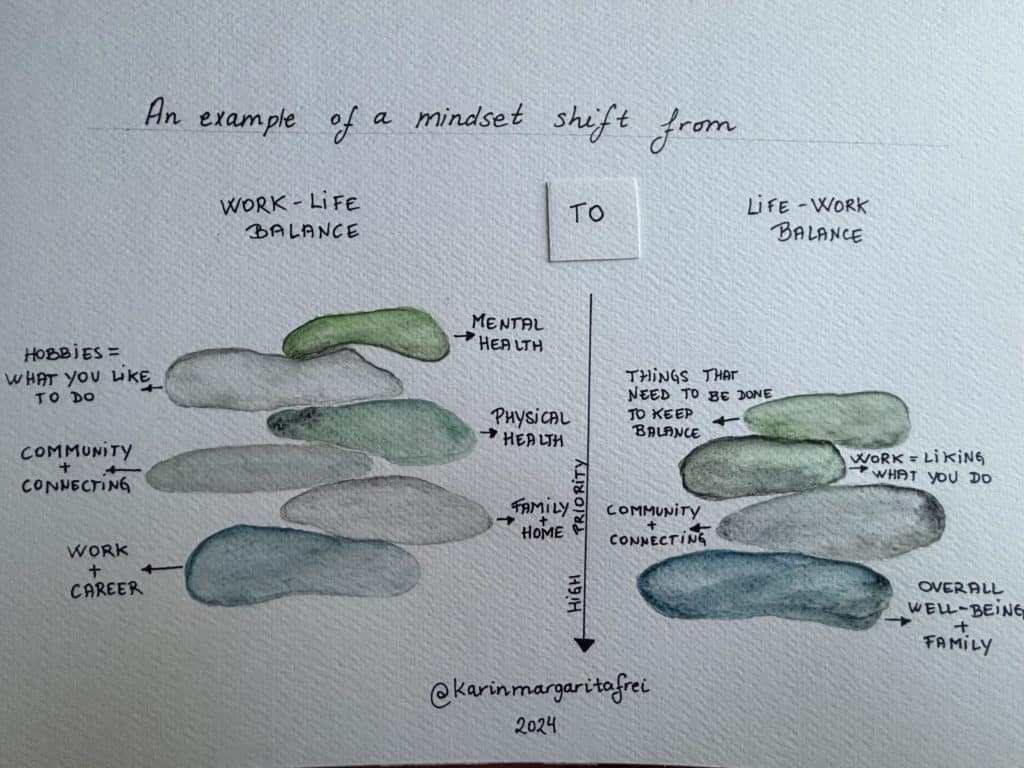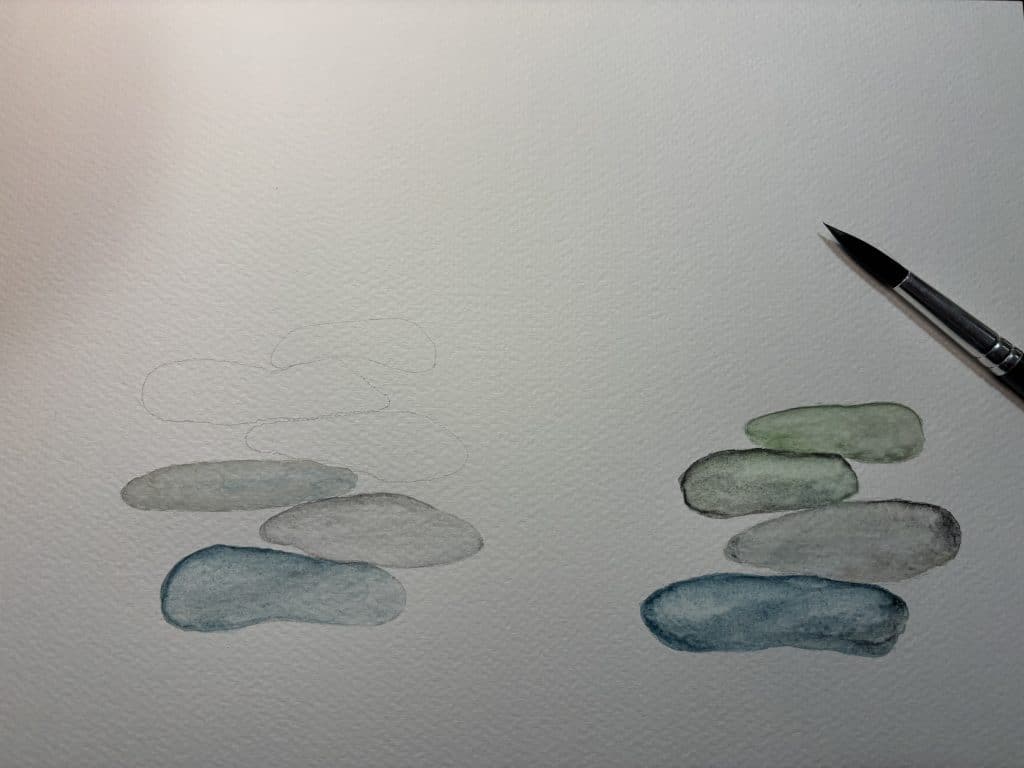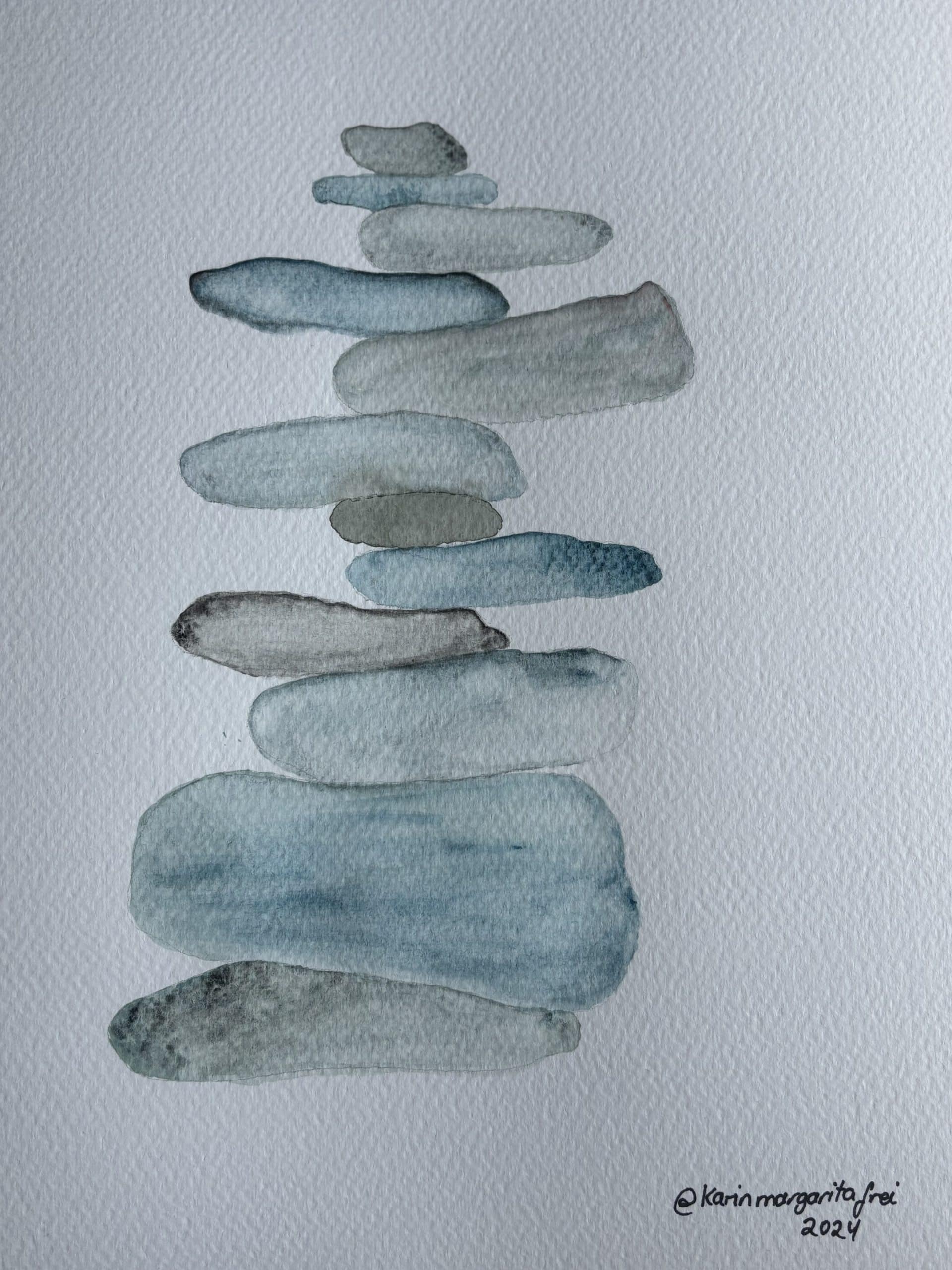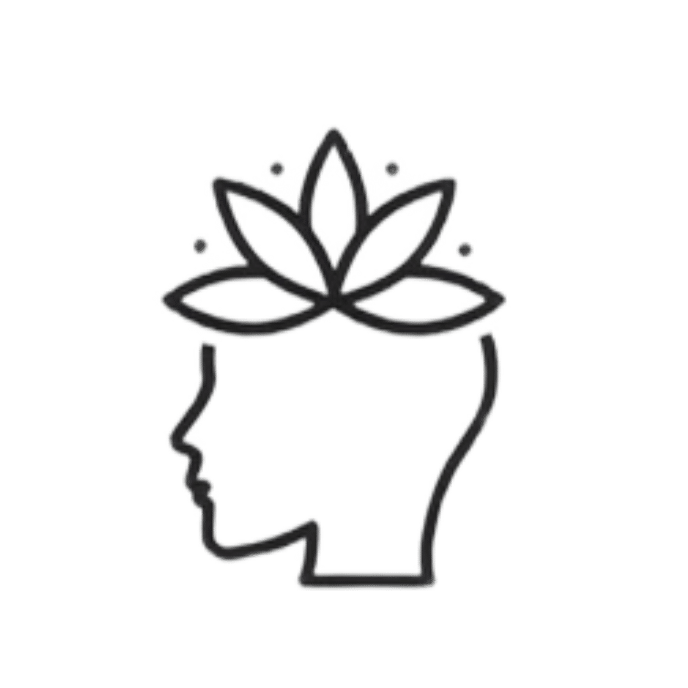This post is part of my #HarmoniousLivingSeries, where I share insights and tools that helped me overcome burnout and cultivate a deeper sense of balance. I hope it inspires and equips you with actionable ideas to bring more harmony into your life and work.

"Academia breeds a belief that we must always be working and producing to be worthy and recognized. That’s exhausting. But then we don’t know how to relax and rest, so it’s a vicious cycle."
— Dr. Rebecca Pope-Ruark, Unravelling Faculty BurnoutKarin
Have you ever asked yourself, What does balance truly mean to me?
Most of us desire balance in our lives. We long for calm amidst the accelerated pace of daily life. Yet how often do we pause to truly define what balance means—for us, individually?
Balance isn’t a one-size-fits-all concept. It’s deeply personal, shaped by our values, needs, and unique circumstances. For one person, balance might mean carving out time for daily exercise or meditation. For another, it could mean prioritizing family dinners or setting firm boundaries around work hours. For those of us in academia, balance often feels elusive—a distant dream overshadowed by deadlines, research pressures, and the constant demand to “produce”.
The constant feeling of not having enough time often leads us to adopt a streamlined, oversimplified view of what balance looks like. Social media and cultural norms project an idealized version of balance: tidy schedules, flawless productivity, and abundant leisure time. But chasing this illusion can leave us feeling even more overwhelmed, with a sense of inadequacy and frustration when we can’t “get it right”.
Balance, however, is not only personal but also dynamic—it changes over time. What brings us balance today may not serve us tomorrow. That’s why the first step toward creating a balanced life is periodic self-reflection: asking ourselves what balance means to us in this particular phase of life.
Take a moment to ask yourself: What does balance look like for me?
Reflecting on these questions can help you uncover your unique definition of balance. This clarity is essential because balance isn’t about perfection—it’s about prioritization. It’s about recognizing what truly matters and making intentional choices that align with your own values and priorities.
Once you identify your unique definition of balance, the next step is to align your actions with it. This may involve setting boundaries, saying no to unnecessary commitments, or intentionally creating space for activities that restore and energize you.

The term “work-life balance” has always puzzled me. To me, life is the foundation for living, with work being one part of it—not the other way around. Without truly living, work loses its meaning and purpose. That’s why I prefer to think in terms of “Life-Work Balance.”
This perspective feels more authentic and promotes a healthier approach to life. It acknowledges that achieving balance doesn’t mean every day will feel perfectly aligned. Life ebbs and flows, and some days will naturally feel more chaotic than others. However, with a clear understanding of balance in your own personal definition of what ‘living’ means to you, it becomes easier to recalibrate and return to your center.

Redefining balance is not about rejecting ambition or abandoning goals. It’s about creating a definition of balance that reflects who you are—not just what you achieve.
When we align balance with our values, we free ourselves from the endless chase for external validation. Instead, we create a life that feels whole and meaningful—one where balance is not a static state but a continuous process of growth, alignment, and fulfillment.
So, I invite you to reflect:
Remember, balance evolves. Revisit these questions regularly to stay aligned with your needs and
values.
Wishing you a fulfilling and balanced journey,
Karin

I believe in…
Living harmoniously, Working passionately
Join me on this journey toward clarity, passion, and harmony.
A journey based on aligning with your inner self and true values. This is a place for those who seek inspiration to find that part within themselves that longs to live in harmony.
Let reflection, observation, self-inquiry, and inner silence become your key tools to become your authentic self.
© Karin Margarita Frei | 2024 All Rights Reserved.
Designed and developed by Hannah Clausen & Oliver Frei